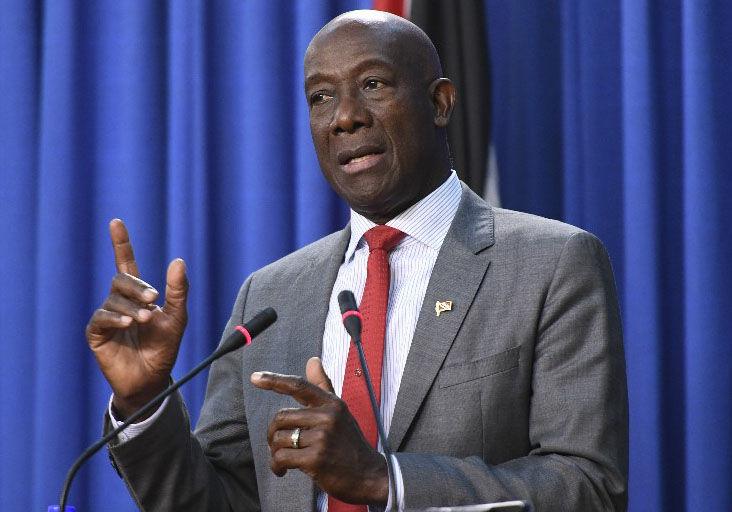Negotiations concerning the ongoing Dragon Gas project have reached an impasse, as Venezuela and the United States appear reluctant to adjust their current positions, according to Prime Minister Dr. Keith Rowley of Trinidad and Tobago. The protracted negotiations have caused frustration within the government. However, Rowley insists that the deal is still very much alive.
During his appearance on TV6’s Morning Edition programme, the Trinidad Prime Minister explained that Venezuela has yet to agree to the terms stipulated by the US.
“The Venezuelans have not accepted the terms laid down by the Americans. That is the long and short of it. We fought very hard to get the Americans to give us a carve-out which is to allow us to treat with PDVSA without breaking the sanctions; we eventually won that battle but they put a condition on it which the Venezuelans as of now have not accepted, we’re still talking on both sides; we’re still negotiating,” Rowley revealed.
Earlier this year, the US granted a waiver authorising the joint development of an offshore gas field between Trinidad and Venezuela. This initiative was expected to invigorate the dormant Dragon gas field project involving a consortium of companies, including Venezuela’s state-run oil firm PDVSA and the Anglo-Dutch Shell.
This development carries significant potential to augment Trinidad’s gas production capabilities and elevate exports to neighbouring countries. Nonetheless, restrictions imposed by the US limit any cash payments to the Venezuelan government or its state-owned entities, adding a layer of complexity to the negotiations.
In an attempt to negotiate alterations to the terms, Prime Minister Rowley and Energy Minister Stuart Young had met with US Vice President Kamala Harris in Washington in May. Minister Young, while acknowledging that the requested changes primarily concern financial terms, said that energy sector negotiations can often be complex.
The US has shown a degree of flexibility over the past year, easing certain sanctions on Venezuela via the issuance or modification of specific licenses. These actions are aimed at fostering political negotiations leading to democratic presidential elections in Venezuela. Nevertheless, the Dragon Gas deal represents a significant test of this leniency.



